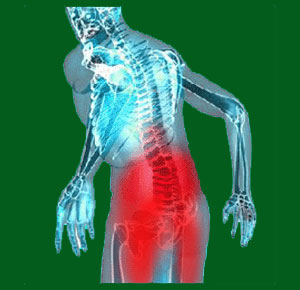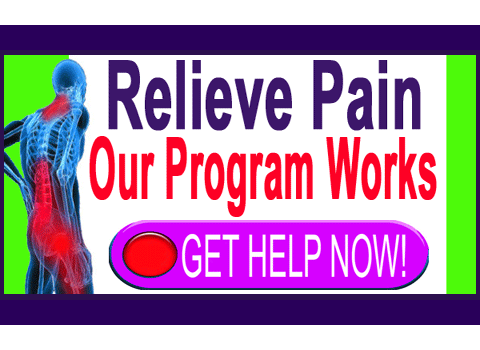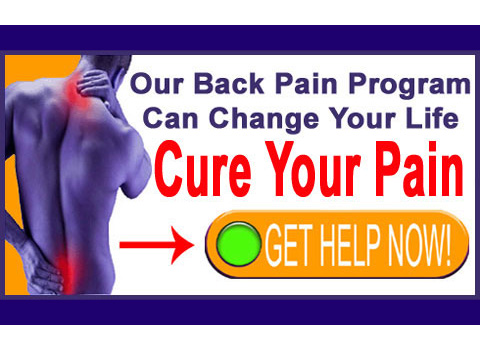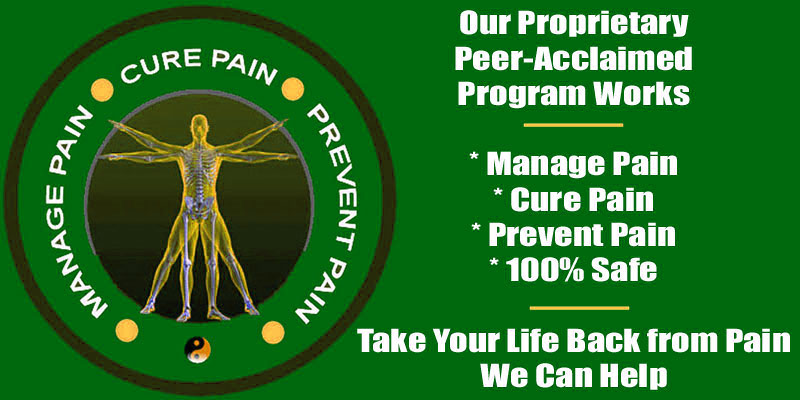
Spondylolisthesis disability is a terrible consequence of severe vertebral slippage conditions. Fortunately, disability is a very rare outcome for listhesis patients, usually only affecting a small minority of grade 3 and grade 4 classifications. It should be known that suffering disability from grade 1 or grade 2 listhesis is basically unheard of and flies in the face of accepted medical research that shows these minor and moderate cases to be almost universally asymptomatic.
Disability is a dirty word when it comes to back pain. It is very ambiguous and attracts a lot of negative attention when used casually. We are trying to disassociate the actual definition of disability from the modern legal nomenclature that signifies the ability to collect money based on physical inability. It is this application of the word that has created so many problems for patients.
This crucial essay examines the various definitions of disability in relation to spondylolisthesis diagnoses. We will explore the true meaning of physical impairment and contrast it against the legal definition in order to provide answers for patients with a wide range of prospective informational interests.
Practical Spondylolisthesis Disability
Practical (also called objective) disability means that the patients can not work or enjoy a normal life. They are often bedbound or wheelchair bound, as well as hampered by symptoms that prevent them from being fully productive. Practical disability is virtually unheard of from back pain, regardless of how severe it can become. This is because a modern world has created opportunities for people with all manner of pain problems and functional impairments to provide for themselves using technology and a bit of enterprising spirit. Being bedbound or confined to a wheelchair are no longer overly restrictive on career or personal productivity.
True disability completely prevents people from living in a typical manner. They might be fearful, pained and completely dependent on others for survival. This is a sad state to be in for any patient. When it comes to spondylolisthesis as an exclusive cause of pain (not combined with other diagnoses), we have yet to see more than a handful of cases that resulted in true objective disability. We are thankful for this fact.
Legal Disability
Legally, disability becomes quite a different issue. People who were collecting disability payments are routinely apprehended doing things that many “able-bodied” individuals would only dream of doing! They work, they vacation with intimate partners 40 years younger than them and they play hard at all manner of activities ranging from skiing to rugby when they think that no one is watching… Here is some advice for disability scam-artists: Someone is always watching.
Legal disability classification is granted to help people to transition from life before their pain, disease or injury to a new life with their functional impediments. Disability should be a temporary benefit, as this was its intended application while a person learns what they need in order to make them productive in a new capacity. In essence, the system is designed to provide security while a person transitions and then becomes productive in a new role in society. Disability was not meant as a lifelong security blanket that was legally classified in such an ambiguous manner as to make it virtually indefinable.
There is nothing wrong with needing help. Help is why we live in society and we routinely receive and provide it throughout our lives. However, help should never be an excuse to give up and do as little as possible just to collect a small sum of money each month. This is why we are so critical of the current disability system. It is harmful to people, since it pays them to relinquish their goals and dreams, becoming wards of society, rather than productive members. This is a fact not often realized by people seeking benefits in new claims, but becomes obvious to most people with the passage of time and the virtual prison of limitations the system creates around its recipients (victims).
Spondylolisthesis Disability Overview
I can speak on the topic of objective and legally-defined disability, given both my extensive history as both a patient with severe pain, as well as a former trial preparation investigator in mostly personal injury cases. I can tell you that my back pain, although not motivated by listhesis, had me in fear for my very life during many acute episodes. My suffering was monumental during the worst flare-ups. I even had a 60 year old+ emergency room trauma doctor tell me that my clinical back pain profile was the single worst he had ever seen in his entire medical career, spanning more years than I was alive at that point! However, not once during all the many years of suffering did I stop working for any length of time. I might have taken a few days off (literally a few…) during acute episodes over 20 years+ of work, but the thought of giving in to disability never occurred to me. I was taught that where there is a will, there is a way.
Now, in my pain coaching practice, I see this same sentiment demonstrated by people with truly catastrophic health issues, including advanced neuromuscular disease, spinal cord injury and terminal cancer. If any of these people decided to succumb to their impairments and become disabled, anyone and everyone would understand. However, none of them do. They persevere and find a way to move forward in life, often against all odds. I am always inspired by my clients and feel I must do everything in my power to help them succeed, since they are already so incredibly worthwhile as human beings… but I digress.
Legal disability is a completely different matter and is certainly a very controversial topic to be sure. I will not comment much on the system from a personal point of view, even though I worked within this same system as an investigator for many years. However, I can surely say that the system is irreparably broken and misguided. People who deserve benefits often do not get them, while others milk the system dry for decades without any justification for their rewards. In my experience, I find that people who can work will work and will find a way to do so despite all impediments of pain and disease. If they receive disability benefits, it is usually temporary and well justified. Meanwhile, people who are looking for a way to earn without working will also always do so, often for life. Are they disabled in the objective sense? Maybe. Maybe not.
I can not and will not judge. However, when one routinely witnesses inspiring people like Stephen Hawking, Christy Brown, Frida Kahlo, Christopher Reeve, Franklin D Roosevelt, Helen Keller and many others going about life productively, successfully and quite normally, it is just difficult to see what separates these individuals from people who choose to allow any pain problem to hold them back, especially for something as meaningless as a small stipend of (virtually worthless) money.
Please do not take anything in this essay as a personal insult or offense. We always mean to advocate for patients, even if they do not immediately realize that our efforts are in their best interest. No one wants to see anyone go without the things they need in life. However, it is a bigger tragedy when humans are deprived of their natural rights and inclinations for prosperity just to receive a stipend to keep them from ever living up to their own potential.
If you are objectively disabled by spondylolisthesis, remember that there is always hope. New treatments may be able to restore your health and free care is likely to be available to you if you can not afford it on your own. Also, with the ever-advancing technological breakthroughs of the world, you can rejoin active society at any time, if you choose to do so. You can work, network, relate, love and be loved. Nothing can or will hold you back if you put forth the effort.
Spondylolisthesis > Consequences of Spondylolisthesis > Spondylolisthesis Disability



